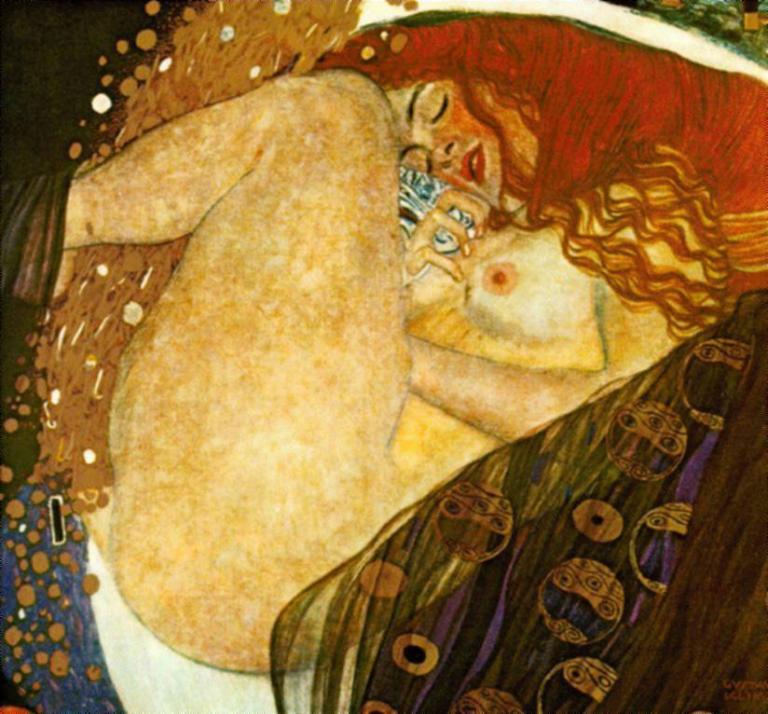Being able to give and withhold consent is an essential expression of self. In all aspects of life, being able to say yes or no, for our own reasons, is critically important for emotional well-being. If we cannot choose freely and for our own reasons, then our scope for manifesting spiritual values in daily life is sorely impaired. Worse yet, we leave ourselves open to misuse. It’s very easy to lose this essential art and not even notice it has gone. To know when to give or withhold calls for self awareness, but also develops this understanding. If we are not able to express choice, we do not consider it, and we do not learn about ourselves.

The freedom to decline or consent is something we perhaps take for granted in the western world, where laws are ostensibly designed to uphold freedom and personal choice. We agree to certain, necessary restrictions of our freedom that promote fairness, make workplaces viable and allow us to interact effectively with others. Laws do much to define when we can, or cannot give consent. The age at which we can consent to sex is legally defined, but at any age we have the right to refuse it. When it comes to voting, younger people are not able to participate, along with certain others. Not everyone gets to consent to being governed. We find in law that drunkenness and duress may compromise our ability to give, or withhold consent for certain activities. But for small, daily acts of consenting and declining, there are no laws and little guidance.
While ‘consent’ is a word most normally associated with sexual activity, it can be applied to most aspects of our lives. What are we assumed to consent to? A great deal is done to us without our permission. None of us have been specifically asked to accept the conditions we live in – it is tacitly assumed that we will and only in circumstances of apparent peril is there scope to challenge noise, pollution or environmental damage. Leaving your house does not mean consenting to being run over by a car, but for many people it may as well have done. Governments are quick to take silence for consent. Big business bullies us into quiet submission and then sells us what it’s telling us we want. Look around and you will also see a great many wrongs, carried out in your name, to which you have not actively consented. Your acceptance has been assumed, possibly even forced upon you.
There are those who perceive lack of safeguard as effective consent. If you do not lock up your property, then it is your fault if someone steals it. By not taking precautions, you may be perceived as effectively consenting to being robbed. This is a viewpoint that upholds the rights of the abuser at the expense of the victim. Similar attitudes can be seen in blaming the clothes worn by women for the fact of their being raped. Wearing a short dress is not a statement of consent, any more than wearing low hanging trousers is a man consenting to gay sex. It is easy to fix on some word or gesture and assert that it meant consent – in any situation. Consent is not in the eye of the beholder, it must be the choice of the individual. It must be sought and respected, not assumed.
How we are able to give, or withhold consent is very much defined by the culture we live in. It can also be shaped by how people perceive our words and actions. If another sees what we do as meaning consent, existent systems seem to support them in this, with reference to attire and sex again. Here’s a workplace example. We agree to do a job for a certain wage. The job remit slowly expands, demanding more time and energy. The time allowed for it does not expand to match this, and the money offered does not increase. Having signed up for the original job, this can be foisted on us by slow degrees, so that our proper consent is never sought and we have no scope to resist. If we do not consent to
the process, we may lose the job.
Fear of loss of earnings, social rejection and ruined relationship are just a few things that encourage us to say ‘yes’ when we should be saying ‘no’. We also have a duty to ourselves, and to our own well-being. Consenting against our will and under duress, to satisfy the needs of others, is damaging. It takes away control over life, self esteem, and confidence. It requires us to live dishonestly, tolerating the intolerable. By allowing ourselves to be compromised in this way, we are also upholding systems, structures and assumptions that harm others too. Most of us do this, to some degree, more of the time than it is comfortable to admit. It is not compatible with a self aware, spiritual life, but what choice do we have?
The sense that we have no choice, is the trap that keeps us locked into these ways of behaving and thinking. There is always choice, of some sort. The art of consent is all about our right to choose, but as soon as a system or individual insists that you have no such right, the ability to choose can be eroded until we become incapable of giving or withholding consent in any meaningful way. Rather than having control over our lives, we may endure until we are pushed into psychological and spiritual crisis.
Every choice we make has consequences for those around us, and for the society we live in. We therefore cannot as responsible beings, base every choice on the whims and desires of the moment. Care for others, sustainability, fairness and honour should all play a part in our choice making process. It’s very easy to have those external influences used to control your choices. If you are encouraged to believe that any choice based on your own happiness causes great pain and harm to another, you may learn not to consider your own needs and feelings at all. If the company you work for expects you to sacrifice sleep, health and family life for the good of the business, you may be trained into believing that is indeed your duty. There is always a balance to strike, considering both personal and collective needs. We can make good choices for us that are also socially responsible. We should be able to make some choices that are purely for ourselves as well.
How do you tell if you have lost the art of consenting? Part of the insidious nature of the problem, is that as it compromises you, it takes away your ability to register the problem. If work or relationship trains you to ignore your own needs and put others first at all costs, you may become unable to notice that you do have needs of your own. In which case, how do you tell? Here are some questions to mull.
When was the last time you did something purely because you wanted to?
If you said no to the next thing you were asked to do, would that be ok?
If you make a choice, will you be expected to justify it to someone else?
Would your not liking a thing be sufficient reason for it to be stopped, or changed, or would that be no consideration at all?
Whose permission do you need in order to change your life for the better?
What are you not allowed to do?
What do you want for yourself?
Considering these questions may give you some clues as to whether you have consent issues. The last one is particularly indicative. If you are not being allowed to choose for yourself, the idea of wanting for yourself may be difficult to tackle. Closer inspection may reveal that your ‘wants’ are all for your children, spouse, employer, or some other external presence. If we are denied the right to give or withhold consent based on personal choice, it becomes harder to want anything for ourselves. We learn not to think about it. Consent becomes meaningless. This is profoundly damaging to our spiritual selves.
Learning to consent, and not consent goes together. You must be able to do both, at any time, for any reason to feel autonomous. There are consequences to this, but you should have the freedom to choose them. Where the ability to consent has been stripped from us, there is nothing to do but relearn, carefully and consciously. Be watchful of the choices that present themselves to you in a day. Consider how you respond, rather than leaping to normal defaults. Look for options even if there don’t at first glance appear to be any. Give yourself permission to say no. Perhaps only to small things at first, but a small ‘no’ is something you can build on in the future. Learn where your boundaries are, and then you can start to figure out where you want them to be.
At the same time, make sure that your words and actions are not reducing someone else’s scope to give or withhold consent. Seek permission. Ask whether something is acceptable. Don’t assume that it will be. Do not extrapolate too much from previous experiences. A person who said yes in one scenario is not bound to say yes in another. Give others clear and obvious chances to consent or decline, and you give them true power, and show them respect.
Where we avoid assumption in relationships, we can begin to develop honesty and integrity. Taking the few moments to check with each other, to establish boundary and seek consent avoids accidentally pushing another person into losing their ability to choose for themselves. As we help others to express more honestly, we also help ourselves to better know and understand what is happening. It opens the way to more compassionate, soulful ways of relating and acting. Without true, and considered consent, we cannot hope to live spiritually meaningful lives.

















